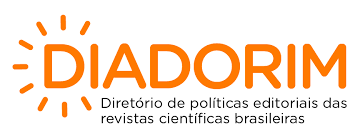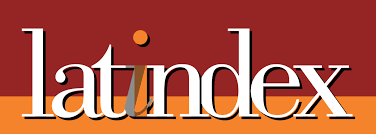The Evaluation of adherence, safety and effectiveness of an antibiotic de-escalation strategy in patients with febrile neutropenia during autologous hematopoietic stem cell transplantation.
Assessing antibiotic de-escalation.
DOI:
https://doi.org/10.46765/2675-374X.2024v5n2p239Abstract
Introduction: There are ongoing concerns about optimal antibiotic regimens for febrile neutropenia during autologous hematopoietic stem cell transplantation (ASCT). Objectives: We assessed adherence, safety, and clinical outcomes of an antibiotic de-escalation protocol at a hematopoietic stem cell transplant reference center. Methods: We conducted a retrospective analysis of clinical data from 100 patients who developed febrile neutropenia during autologous stem cell transplantation between January 2020 and June 2021. In addition to presenting descriptive variables, we compared clinical outcomes, including treatment duration, hospitalization length, ICU admission, and mortality, among intervention groups. Results: Approximately 61% of the patients underwent the antibiotic de-escalation strategy, with an adherence rate of approximately 80% and only 20 protocol deviations. Comparing intervention groups, statistically significant differences favored the de-escalation and early termination group, which had shorter hospital stays (16 vs. 18 days, p 0.01) and fewer days of antibiotic treatment (5 vs. 8 days, p 0.006). There were no differences in safety outcomes. Conclusions: The antibiotic de-escalation strategy demonstrated significant adherence and proved to be safe and effective, with the added benefit of shorter hospital stays and reduced antibiotic exposure.
Downloads
Published
How to Cite
Issue
Section
License
Copyright (c) 2024 JOURNAL OF BONE MARROW TRANSPLANTATION AND CELLULAR THERAPY

This work is licensed under a Creative Commons Attribution 4.0 International License.









